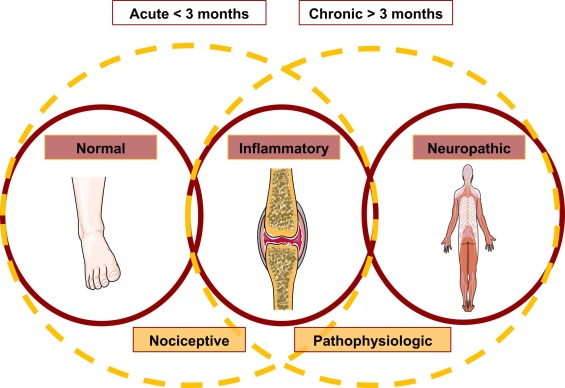Dr. Abhimanyu Rana

Neuropathic pain (e.g., diabetic neuropathy, postherpetic neuralgia)
Neuropathic pain is a complex and often challenging type of pain that arises from dysfunction or damage to the nervous system. This category of pain is distinct from nociceptive pain, which arises from tissue damage, and is characterized by abnormal sensations such as burning, tingling, electric shocks, or shooting pains. Neuropathic pain can be caused by various conditions, including diabetic neuropathy and postherpetic neuralgia, presenting unique diagnostic and management considerations.
Understanding Neuropathic Pain:Neuropathic pain originates from abnormalities within the nervous system itself, specifically the peripheral or central nerves. It can result from nerve injury, compression, inflammation, or dysfunction. Unlike other types of pain, neuropathic pain is often described as chronic, persistent, and challenging to alleviate.
Diabetic Neuropathy: Diabetic neuropathy is a common complication of diabetes that results from prolonged high blood sugar levels affecting nerves. It typically affects the feet and legs, and sometimes the hands and arms. Symptoms may include burning, tingling, numbness, and stabbing pain. Diabetic neuropathy can significantly impact mobility and quality of life for individuals with diabetes.
Postherpetic Neuralgia:Postherpetic neuralgia is a neuropathic pain condition that arises as a complication of herpes zoster, commonly known as shingles. After the shingles rash has healed, some individuals continue to experience severe, often excruciating pain in the affected area. The pain can be persistent and may last for months or even years after the initial shingles outbreak.
Challenges in Diagnosis and Management:Diagnosing neuropathic pain involves a comprehensive assessment of the patient's medical history, clinical examination, and often specialized tests such as nerve conduction studies or electromyography. Neuropathic pain management poses challenges due to its complex and multifaceted nature.

